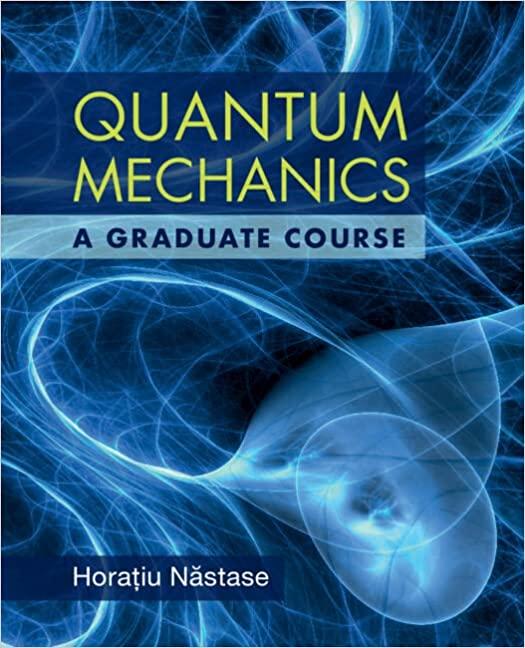For the case in exercise 1, specialize to an infinitesimal gauge transformation that rotates (vec{A}) in its
Question:
For the case in exercise 1, specialize to an infinitesimal gauge transformation that rotates \(\vec{A}\) in its plane (transverse to \(\vec{B}\) ), and interpret this in terms of the classical motion.
Data From Exercise 1:-
Consider a stationary gauge transformation \(\Lambda(x, y)\) in the plane transverse to a magnetic field \(B_{z}\). Calculate the effect it has on the Schrödinger equation and its solutions.
Fantastic news! We've Found the answer you've been seeking!
Step by Step Answer:
Related Book For 

Question Posted:





